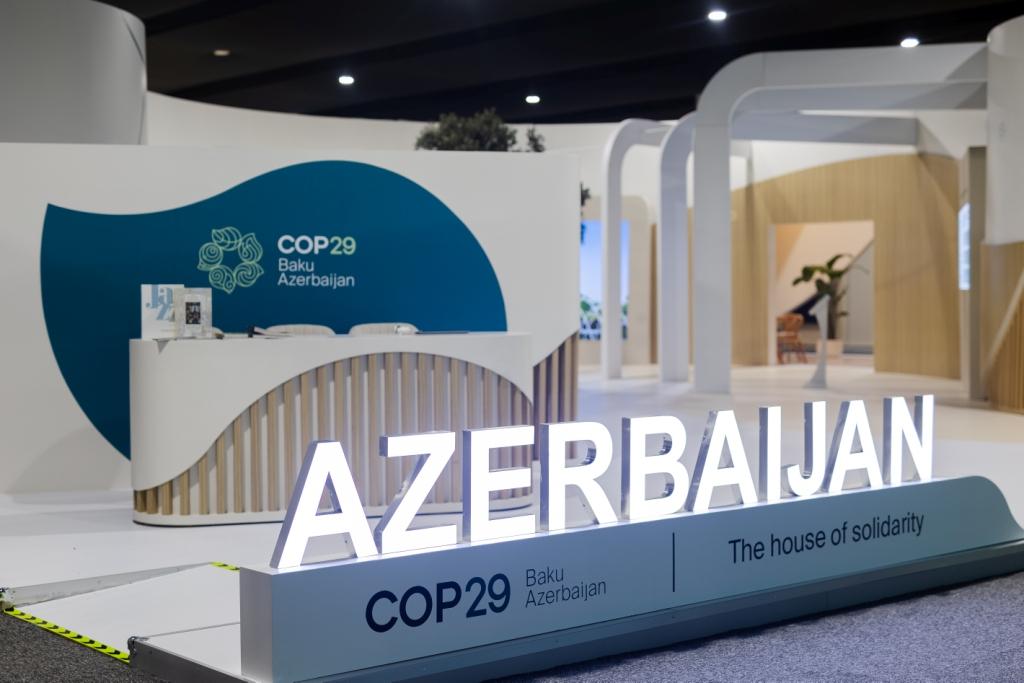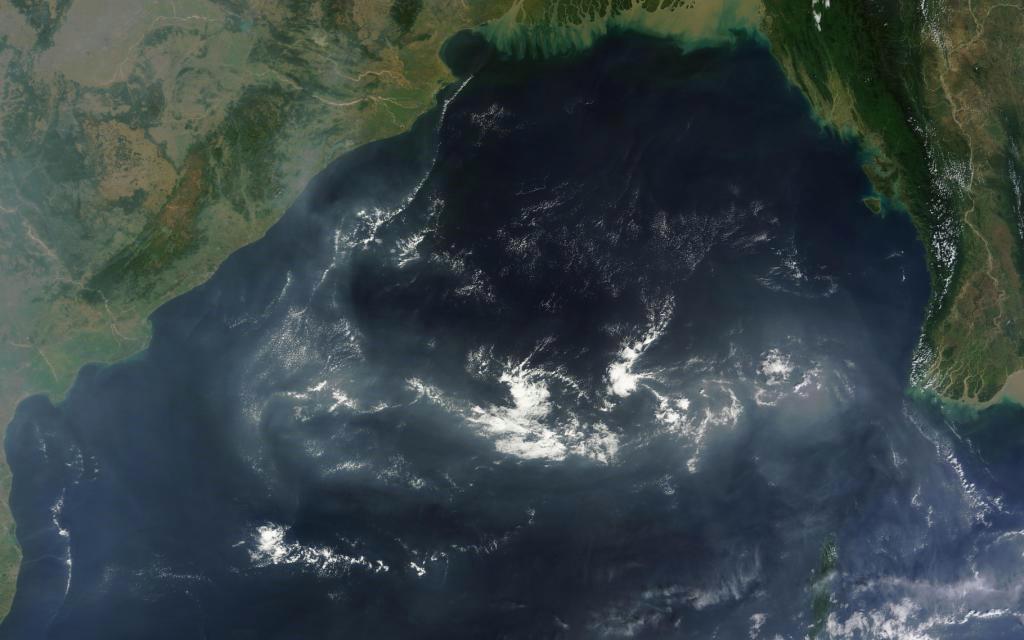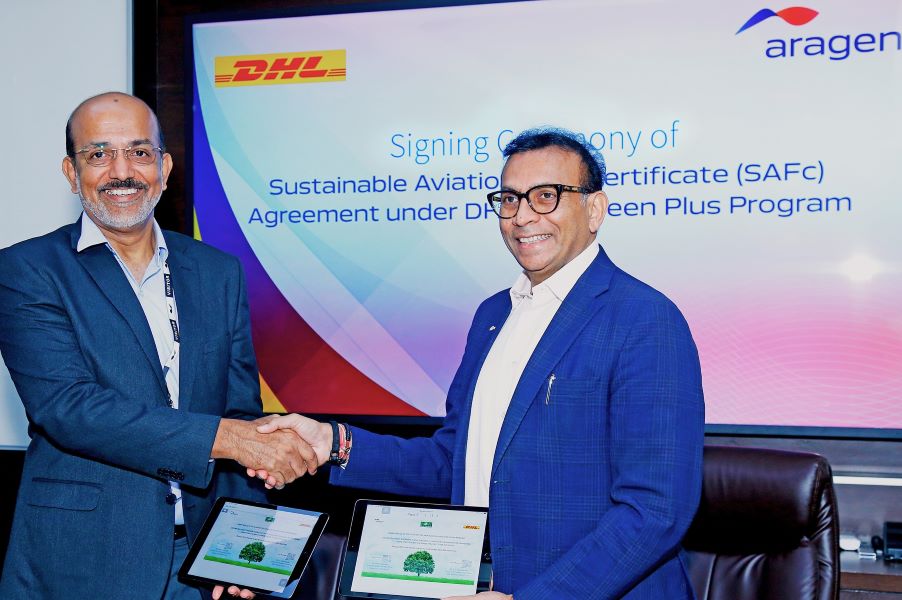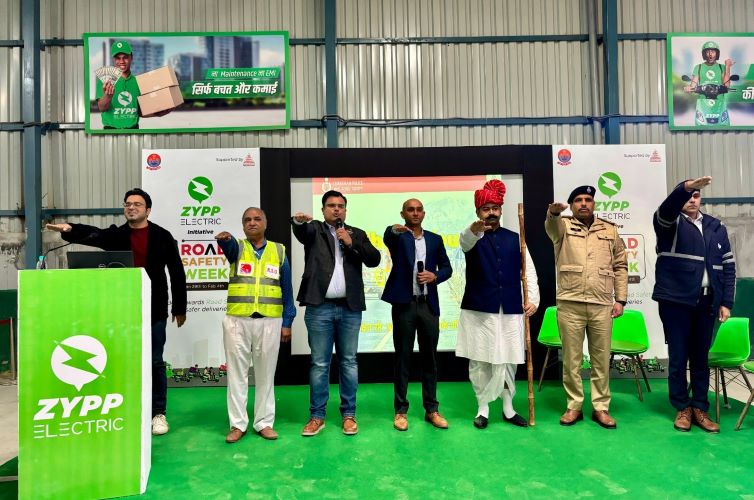Big developing nations argue “just transitions must be just”
As the world convenes in Baku, Azerbaijan, for COP29, the UN summit has again brought to the fore a longstanding and critical divide between developed and developing nations over climate responsibilities, equity and financial obligations.
On Day 7, India, a key voice for the Global South, registered its strongest argument yet at the COP29 climate talks, demanding discussion on “carbon debt” owed by developed nations and calling out trade measures that put undue burden on developing nations. “For us as developing countries, our people’s lives - their very survival - and their livelihoods are at stake,” India’s negotiator said at a High-Level Ministerial Dialogue on Climate Change Adaptation at the 2024 UN Climate Change Conference.
India’s lead negotiator, Naresh Pal Gangwar, said in a statement, “Climate finance cannot be changed into an investment goal when it is a unidirectional provision and mobilisation goal from the developed to the developing countries. The Paris Agreement is clear on who is to provide and mobilise the climate finance — it is the developed countries.”
Aligning its call with the principle of Common but Differentiated Responsibilities and Respective Capabilities (CBDR-RC), India emphasised that climate action must consider the varied capacities of nations.
Developing Nations Ask for Fair Chance
Union Minister of State for Environment, Forest and Climate Change, Kirti Vardhan Singh urged COP29 to deliver outcomes that reflect the evolving needs of developing countries and reaffirmed India's commitment to global climate justice.
Calling COP29 as a “historic opportunity” to empower developing nations to implement ambitious climate actions while addressing the challenges of poverty and sustainable development, Singh asked for greater accountability from the developed nations.
India also stressed the importance of equitable financial and technological support. It has advocated for removing Intellectual Property Rights (IPR) barriers to green technologies, enabling their wider deployment in the Global South.
On climate finance, India highlighted the glaring shortfalls revealed by the Paris Agreement’s first global stocktake. It argued that with trillions of dollars needed for clean energy transitions, disaster-resilient infrastructure and adaptation projects, inadequate funding risks leave developing nations such as India at a disadvantage, and its most marginal communities vulnerable.
Representing India, Leena Nandan, Secretary, Ministry of Environment, Forest and Climate Change, called for prioritising equity. “A frank discussion of these issues and their inclusion in our decisions taken at COP29 will be the cornerstone of building trust that would unlock a truly equitable and just global transition,” Nandan concluded, ending with the pointed observation: “Just transitions must be just.”
Speaking at a stocktaking plenary on Wednesday (20th November, ‘24), Bolivian negotiator Diego Pacheco criticised developed countries’ progress on cutting emissions, saying, “It is all just talk”.
Calling on developed countries to go carbon neutral by 2030, Pancheco lamented that the focus seems to be only on mitigation and reducing developing countries’ reliance on fossil fuels.
Developing countries reject “$200 billion” climate finance
In a significant pushback by developing nations, a proposed amount of $200-300 billion, discussed privately as the international government finance provision under the new climate finance goal (NCQG), has been strongly rejected by larger developing countries. Climate finance was a critical outcome expected from COP29, making this disagreement particularly notable.
Despite the COP29 talks in Baku aiming to establish a fresh agreement to replace the current $100 billion per year target in public finance from wealthy nations to support clean energy transitions and climate defenses in developing countries, poorer nations argued that the actual requirement exceeds $1 trillion annually. They have consistently insisted that this substantial sum must come from affluent nations, urging them to take responsibility for the disproportionate burden placed on the developing world.
Developed Nations’ Demand for More Accountability
In a recurring cycle of passing the buck, developed nations argued that major emitters like China and India must take on greater responsibility. They highlighted China’s position as the largest global emitter and second-largest economy, questioning its status as a “developing country” in climate talks. This classification, they argued, allows China to avoid contributing financially to the Global South while pushing the responsibility onto wealthier nations.
India, too, faced scrutiny, with questions raised about its eligibility for climate finance despite being the world’s fifth-largest economy. Developed nations argued that classifications under the UN climate framework need updating to reflect modern economic realities and ensure all major emitters are held accountable.
This clash of perspectives has delayed progress on the “new collective quantified goal” for climate finance, which aims to define how developed nations will fund climate action in the coming years.
Increasing Disinterest among Major Players
In the fight against climate change, developed nations are calling for greater accountability from emerging economies like China and India, while often failing to meet their own climate finance commitments. For developing countries, who are still grappling with poverty and the consequences of a crisis they did not cause, this shift in blame is nothing less than a setback in the global fight against climate change.
Instead of fostering cooperative solutions, developed nations frequently point fingers, shifting the burden of responsibility onto nations that are still striving for sustainable development. This blame game, rather than fostering collaboration, has led to a recurring deadlock in climate negotiations, where progress remains elusive.
The blame game has led to lacklustre response from nations, especially those playing a big role at the world stage. In a significant departure from previous years, Prime Minister Modi opted not to attend this year’s UN Climate Talks, with India choosing not to have a pavilion at this year’s conference.
COP29 has been marked by a noticeable absence of other key world leaders, including heads of state from major emitters such as China, the United States, South Africa, Germany and Canada also not attending the crucial talks.
This disinterest underscores the growing disillusionment with the current state of global climate governance and the faltering pace of international negotiations. The comeback made by Trump as President of America only adds to this scepticism.
G20: Brazil puts the onus on Developed Nations
Subsequent to the disappointing developments at COP29, the recently concluded G20 Summit saw Brazil's President Luiz Inácio Lula da Silva calling for more urgent action to address global warming, urging developed nations to accelerate their efforts to reduce harmful emissions.
Speaking during a session focused on environmental challenges, Lula proposed that wealthy countries bring forward their 2050 emission reduction targets to 2040 or 2045.
“The G20 accounts for 80% of global greenhouse gas emissions,” Lula stated. “Even if progress is uneven, we all have a responsibility to take one more step forward.”
The summit, held at Rio de Janeiro’s Modern Art Museum, brought together world leaders to discuss a range of critical issues, including rising geopolitical tensions and environmental concerns.
Reflections
As COP29 highlights the urgent need for a united global response to climate change, the role of the social sector becomes more critical than ever. NGOs, grassroots organizations and philanthropic foundations must amplify their advocacy for climate justice, pushing for equitable policies that prioritize the needs of vulnerable communities. Collaborating with governments and businesses, social sector stakeholders can play a pivotal role in mobilizing resources, spreading awareness and driving innovative solutions that address the twin challenges of poverty and sustainability.
By investing in local capacities and supporting community-led initiatives, the social sector can ensure that climate action is both inclusive and equitable, bridging the gap left by faltering international negotiations.














.jpg)


